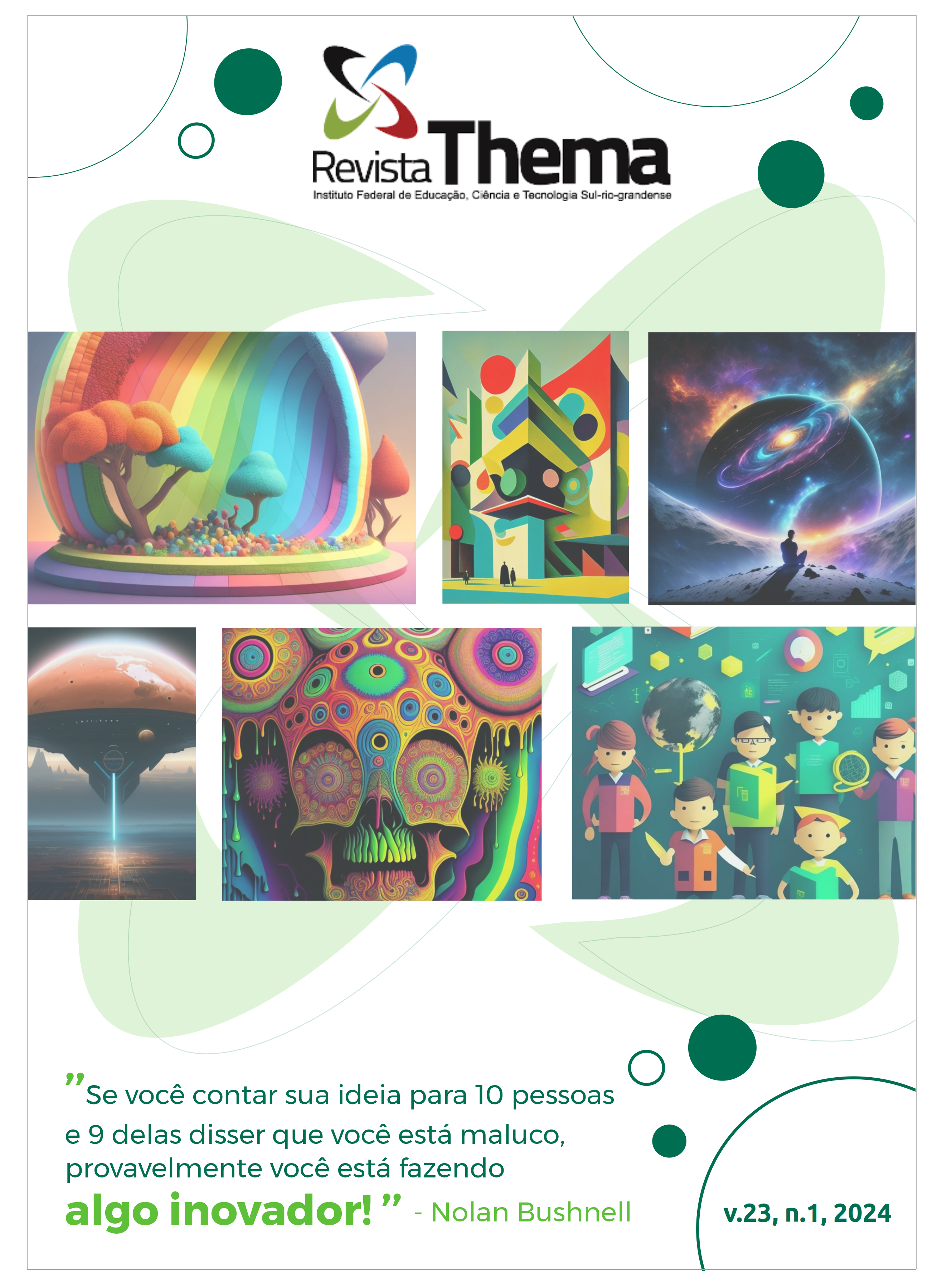A glance at the reality of Youth and Adult Education teachers
concerns, struggles and advances
DOI:
https://doi.org/10.15536/thema.V23.2024.173-189.2335Keywords:
EJA, challenges, didactic books, basic educationAbstract
Youth and Adult Education (EJA) is a modality of education that aims to bring citizenship to those who did not have access to education at the correct age. This paper investigated the challenges faced by teachers who work/teach in EJA, as well as the methodological strategies they use/used with their students and the teaching materials that are/were most used by them in the classroom. An exploratory survey was carried out through an electronic questionnaire in Google Forms, comprising 23 respondent teachers along the second semester of 2020. The Free Interpretation Analysis proposed by Anjos, Rôças and Pereira (2019) was followed for data interpretation, considering it as a methodological support for the qualitative approach. The results showed that it is noticeable the impact of the absence of guiding teaching material, which exists, but is not fully available for EJA students. The study reveals that the reality of many teachers is still far from the ideal to promote the mediation of transformation through education in EJA.
Downloads
Downloads
Published
How to Cite
Issue
Section
License
O autor responsável pela submissão representa todos os autores do trabalho e, ao enviar o artigo para a revista, está garantindo que tem a permissão de todos para fazê-lo. Da mesma forma, assegura que o artigo não viola direitos autorais e que não há plágio no trabalho. A revista não se responsabiliza pelas opiniões emitidas.
A Revista Thema é de acesso aberto (Open Access), sem que haja a necessidade de pagamentos de taxas, seja para submissão ou processamento dos artigos. A revista adota a definição da Budapest Open Access Initiative (BOAI), ou seja, os usuários possuem o direito de ler, baixar, copiar, distribuir, imprimir, buscar e fazer links diretos para os textos completos dos artigos nela publicados.
Todos os artigos são publicados com a licença Creative Commons Atribuição-NãoComercial 4.0 Internacional. Os autores mantém os direitos autorais sobre suas produções, devendo ser contatados diretamente se houver interesse em uso comercial dos trabalhos.





